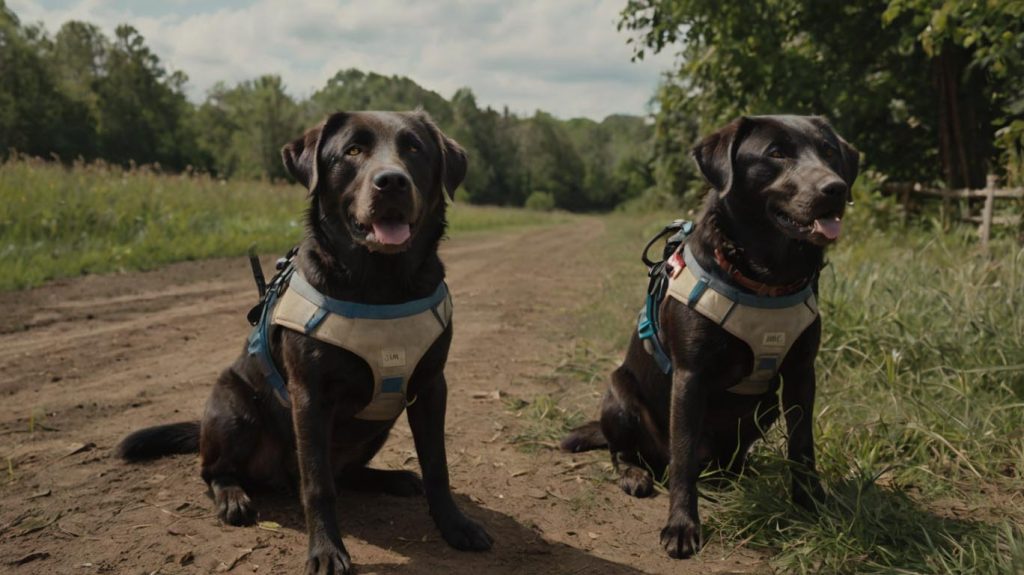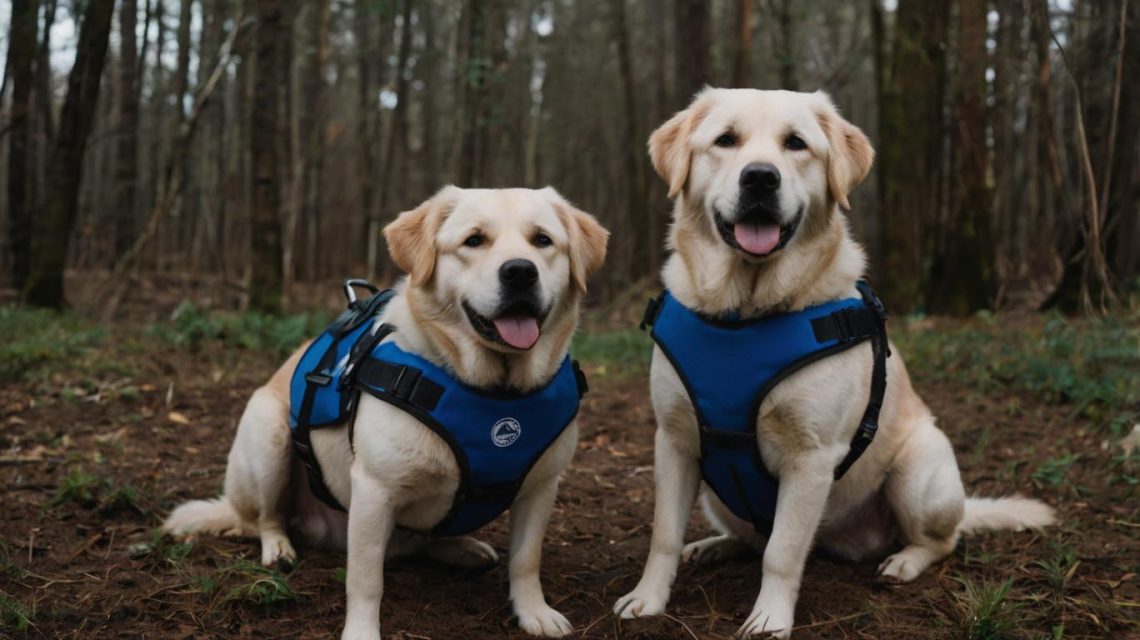Seeing eye dogs play an extraordinary role in providing independence and safety for visually impaired individuals. However, not every dog completes the rigorous training required to become a guide. These “failed seeing eye dogs” may sound like a missed opportunity, but their stories often take remarkable turns.
In this article, we’ll explore what happens to these dogs, why they may not succeed as guide dogs, and how they go on to lead fulfilling and impactful lives. With insights into their alternative careers and the love they bring to homes, this guide celebrates these special dogs.
Why Some Dogs Don’t Complete Seeing Eye Training
Becoming a seeing eye dog requires a unique combination of temperament, intelligence, and focus.
The Rigorous Training Process
- Initial Evaluation: Puppies are evaluated for their potential to learn commands and adapt to high-pressure situations.
- Basic Obedience Training: This includes leash walking, commands, and socialization.
- Advanced Skills: Dogs learn to navigate obstacles, ignore distractions, and assist in real-world scenarios.
Reasons Dogs May Not Pass
- Lack of Focus: Some dogs become easily distracted by sounds or smells.
- Health Issues: Conditions like hip dysplasia or vision problems can disqualify a dog.
- Personality Traits: Excessive shyness or high energy may not align with the responsibilities of a guide dog.
Even though these dogs don’t become guide dogs, they still possess skills and qualities that make them valuable in other roles.
What Happens to Failed Seeing Eye Dogs?
Dogs that don’t pass training don’t lose their purpose; instead, they embark on new paths.
Alternative Careers for Failed Seeing Eye Dogs
- Therapy Dogs: Their gentle temperament is perfect for providing emotional support in hospitals or schools.
- Service Dogs: They can assist individuals with mobility challenges or PTSD.
- Search and Rescue Dogs: Their keen senses make them excellent in locating missing persons.
Adoption Opportunities
- Families looking for trained, well-behaved pets often adopt these dogs.
- Some organizations maintain a waiting list for people interested in giving these dogs loving homes.
Through these opportunities, failed seeing eye dogs continue to bring joy and assistance in different ways.
Why Failed Seeing Eye Dogs Still Shine
These dogs are far from failures—they excel in alternative roles and remain beloved companions.
Unique Skills and Traits
- Socialization: These dogs are already accustomed to people and various environments.
- Discipline: They follow commands and adapt well to structured routines.
- Loving Nature: Their friendly disposition makes them perfect for family life.
Impact Beyond Guide Work
- Helping individuals with emotional needs.
- Providing companionship to the elderly or disabled.
- Enhancing community programs through therapy sessions.
Their journey proves that failure in one area doesn’t define their worth or potential.

How to Support Failed Seeing Eye Dogs
If you’re inspired by these dogs, there are several ways to help.
Adopt a Failed Guide Dog
- Research organizations that offer adoption programs for dogs retired from training.
- Prepare your home to welcome a well-trained and loving pet.
Volunteer for Guide Dog Organizations
- Assist in raising and socializing puppies that may eventually become seeing eye dogs.
- Offer donations to support their training programs.
Spread Awareness
- Share stories of these incredible dogs on social media.
- Advocate for adopting trained dogs through local shelters or programs.
Supporting these dogs helps them find new purpose and loving homes.
FAQs About Failed Seeing Eye Dogs
Why do some dogs fail seeing eye training?
Dogs may not meet the physical, behavioral, or emotional requirements needed for the role.
Can failed guide dogs still be service animals?
Yes, many transition into roles as therapy or service dogs for other needs.
How can I adopt a failed seeing eye dog?
Contact guide dog organizations for information about their adoption programs.
Do failed guide dogs face challenges after training?
Not usually. Their training makes them adaptable and ready for alternative roles or family life.
Are failed seeing eye dogs less intelligent?
Not at all. Their intelligence simply aligns better with different tasks or environments.
Final Thoughts on Failed Seeing Eye Dogs
The term “failed seeing eye dogs” doesn’t reflect their true potential or value. These dogs, while not suited for guiding, excel in other meaningful ways, from emotional support to loyal companionship. By understanding their journey and embracing their strengths, we can celebrate their ability to bring joy and assistance in unexpected ways.
If you’re considering adopting or supporting one of these remarkable animals, now is the perfect time to get involved. Every dog deserves a purpose, and these dogs certainly find theirs.
Ready to give a failed guide dog a new lease on life? Explore adoption opportunities today!


